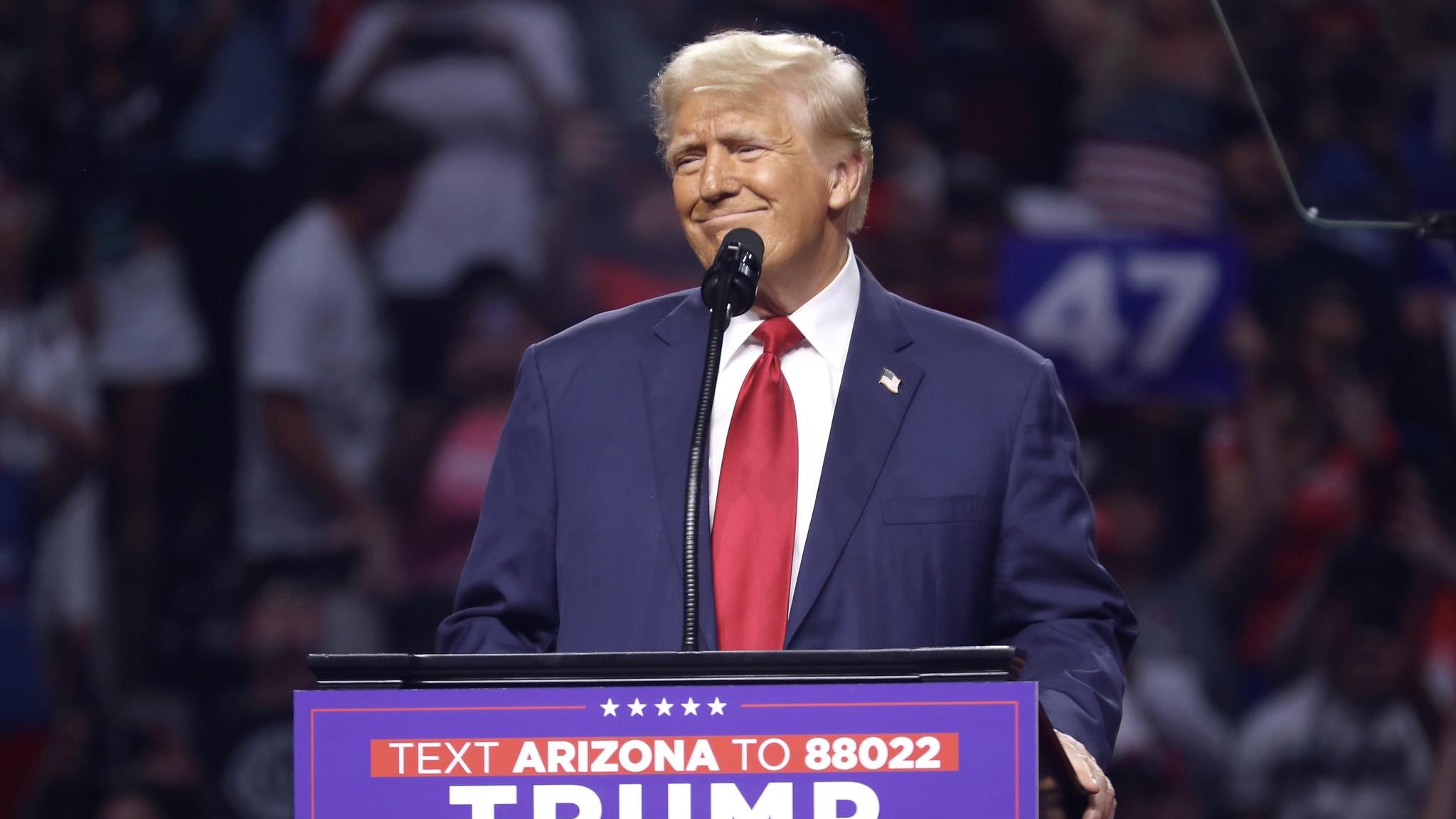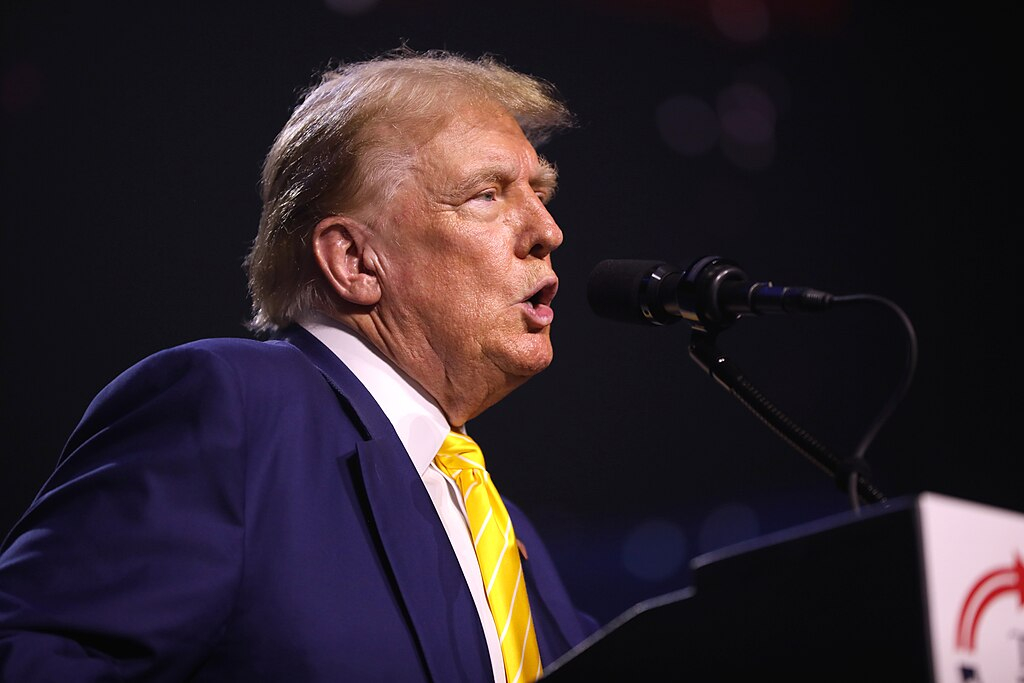Top Republican figures in the U.S. House of Representatives recently pressed the Biden administration for stricter controls on semiconductor exports to China. This comes after new advancements made by China's top chipmaker, calling into question the effectiveness of the current policies.
The recent revelation of Huawei Technologies' new Mate 60 Pro smartphone showcased the advanced chips created by China’s Semiconductor Manufacturing International Corporation (SMIC), even in the face of U.S. sanctions. This device has become a symbol of the technology race between the U.S. and China.
The missive to National Security Adviser Jake Sullivan was penned by Representative Michael McCaul, who leads the House Foreign Affairs Committee, and Representative Mike Gallagher, at the helm of the House Select Committee on China. Both expressed concern over the technological advancements of China's leading semiconductor manufacturer, pointing to a need for an overhaul of the 2022 regulations. They noted perceived shortcomings in the current regulations that might provide opportunities for China to exploit.
Their communication highlighted concerns about the bureaucratic system's apparent inertia and lack of clarity. They also raised alarms over the system's perceived failure to fully grasp China's industrial and military ambitions, and its technological prowess.
In their call to action, McCaul and Gallagher pressed the administration to update these regulations in response to the strides made by companies like Huawei and SMIC. There was also a pressing tone to cut off Chinese companies' access to powerful artificial intelligence chips available through cloud computing platforms.
Moreover, the representatives stressed the need to enforce already-existing rules that place limitations on Chinese companies. This is especially crucial for those regulations that ensure Chinese enterprises are in compliance with U.S. export laws, and those which hinder U.S. personnel from validating adherence to these laws.
At the height of this issue is a battle for technological dominance between two global superpowers. As innovations continue to emerge at a rapid pace, regulations must be nimble, responsive, and vigilant in ensuring national interests are protected.


























Comment 0